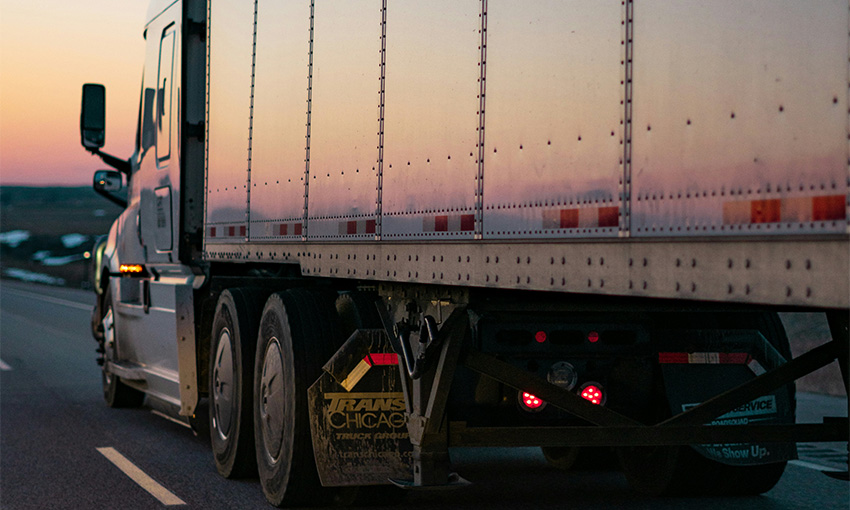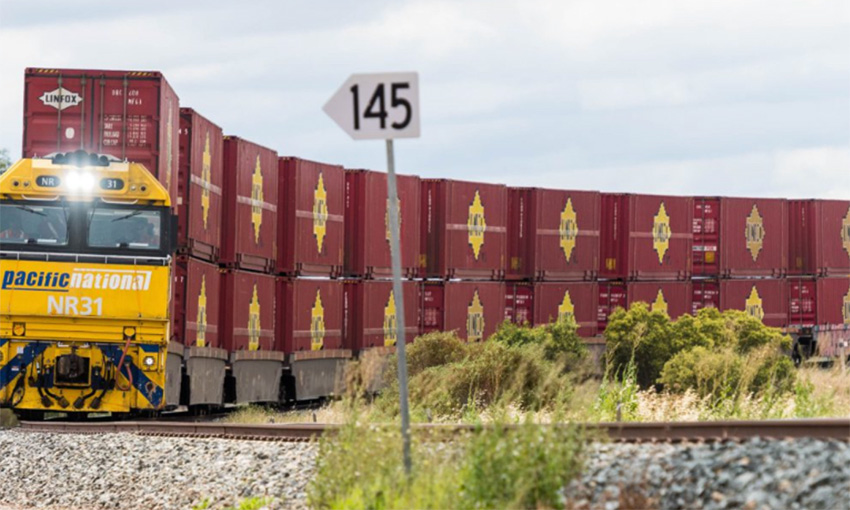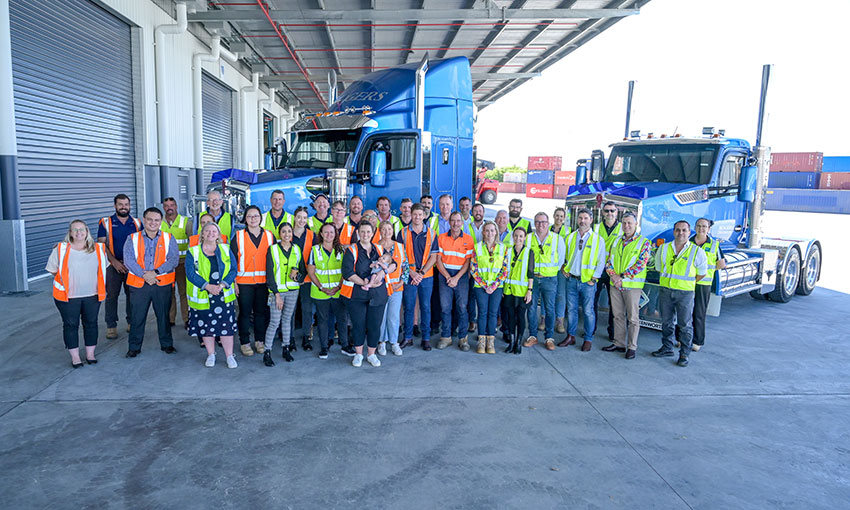EARLIER this week, a revised National Freight Movement Code and Protocol was announced by the government to streamline COVID-19 testing for freight workers.
Under the revised protocol, freight workers crossing state and territory borders are required to have a negative COVID-19 test result in a rolling seven-day period.
However, in some cases, workers may also need to be tested more frequently depending on particular requirements in South Australia, Victoria and Western Australia.
For weeks, a group of state and national transport industry associations has been agitating for the Commonwealth to formally declare the road freight industry as an essential service while in a state of emergency, and to set in motion a unified national framework governing the requirements for transport workers who regularly cross state and territory borders carrying out their work.
Along with this essential service designation, the group’s request has been for the Therapeutic Goods Administration to approve rapid antigen testing for freight drivers so that a self-administered COVID test could complement a weekly pathology test at a registered laboratory.
The group also requested states and territories agree to a uniform set of rules and regulations on COVID testing for the industry to remove confusion that is rife because of discrepancies between jurisdictions.
“Freight workers can be required to test from anywhere between once, twice or three times a week depending on their destinations, which can be personally very intrusive and, for some, a cause of chronic nasal bleeds from repeated skin trauma,” the group said in a statement.
“While the National Cabinet meeting was successful to the extent that it was agreed that freight workers crossing state and territory borders must have a negative COVID test result in a rolling seven-day period, the discussion was a missed opportunity to compel states and territories to uniformly do this.
“In the updated protocol, there is no requirement for jurisdictions to implement what was agreed at National Cabinet, which will see states and territories continue to write their own rules when it comes to COVID testing for freight drivers,” the group said in a statement.
In practical terms, this means South Australia and Victoria can continue to require, respectively, negative COVID tests every two or three days, exceeding the rolling seven-day average stipulated in the protocol.
“On the issue of rapid antigen testing – which we have been requesting be approved as a complement to once-weekly lab testing – National Cabinet’s recognition of it means nothing until health authorities formally approve what is a reliable and faster form of testing,” the group said.
“Jurisdictions would then need to sign off on it, requiring yet another level of red-tape and bureaucracy before rapid self-testing can be administered by drivers.
“While we appreciate the spirit and intent of the Freight Movement Protocol, it is reasonable to question the point of the document when there is no requirement for signatories to uniformly implement its directives.”





